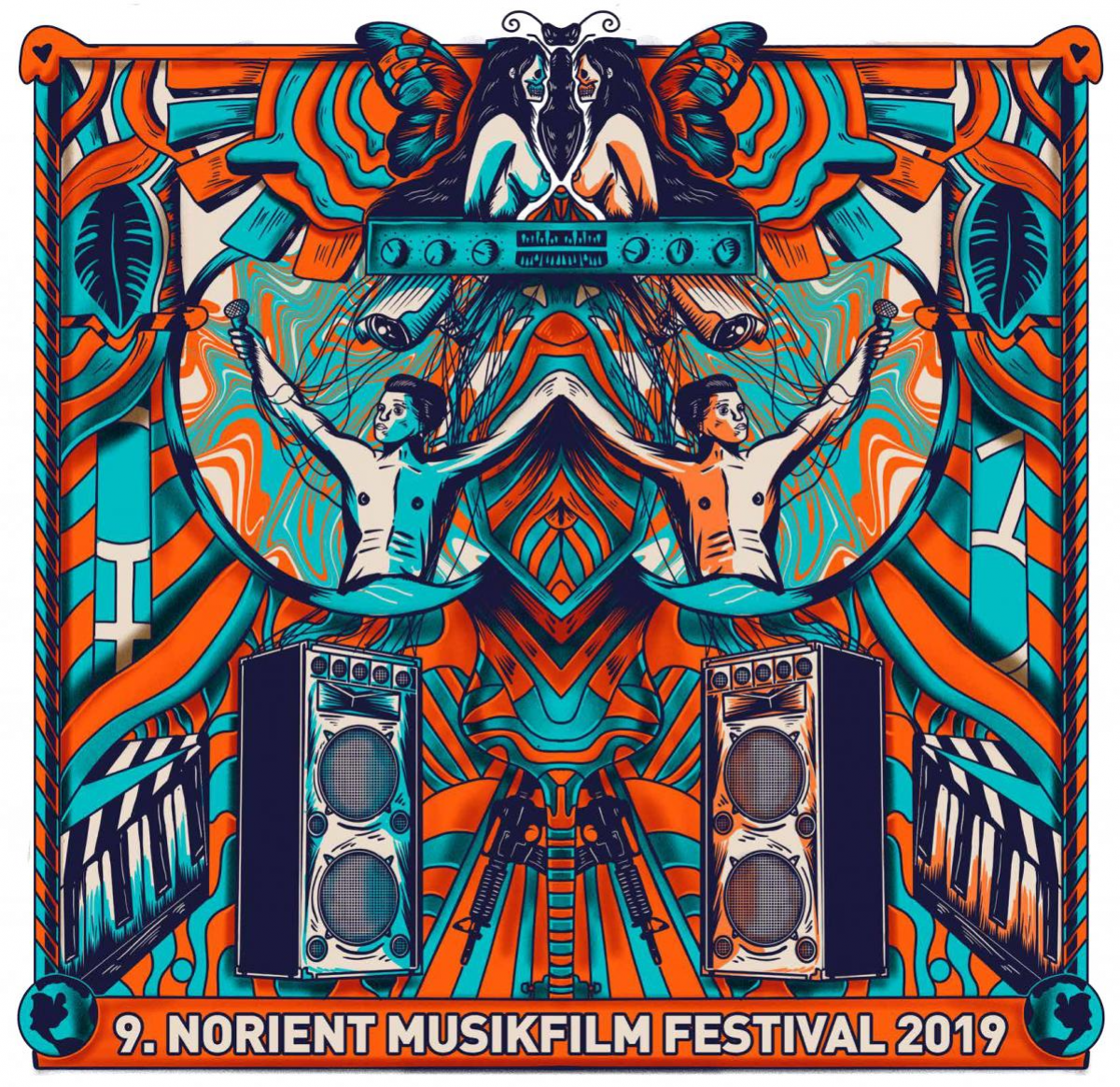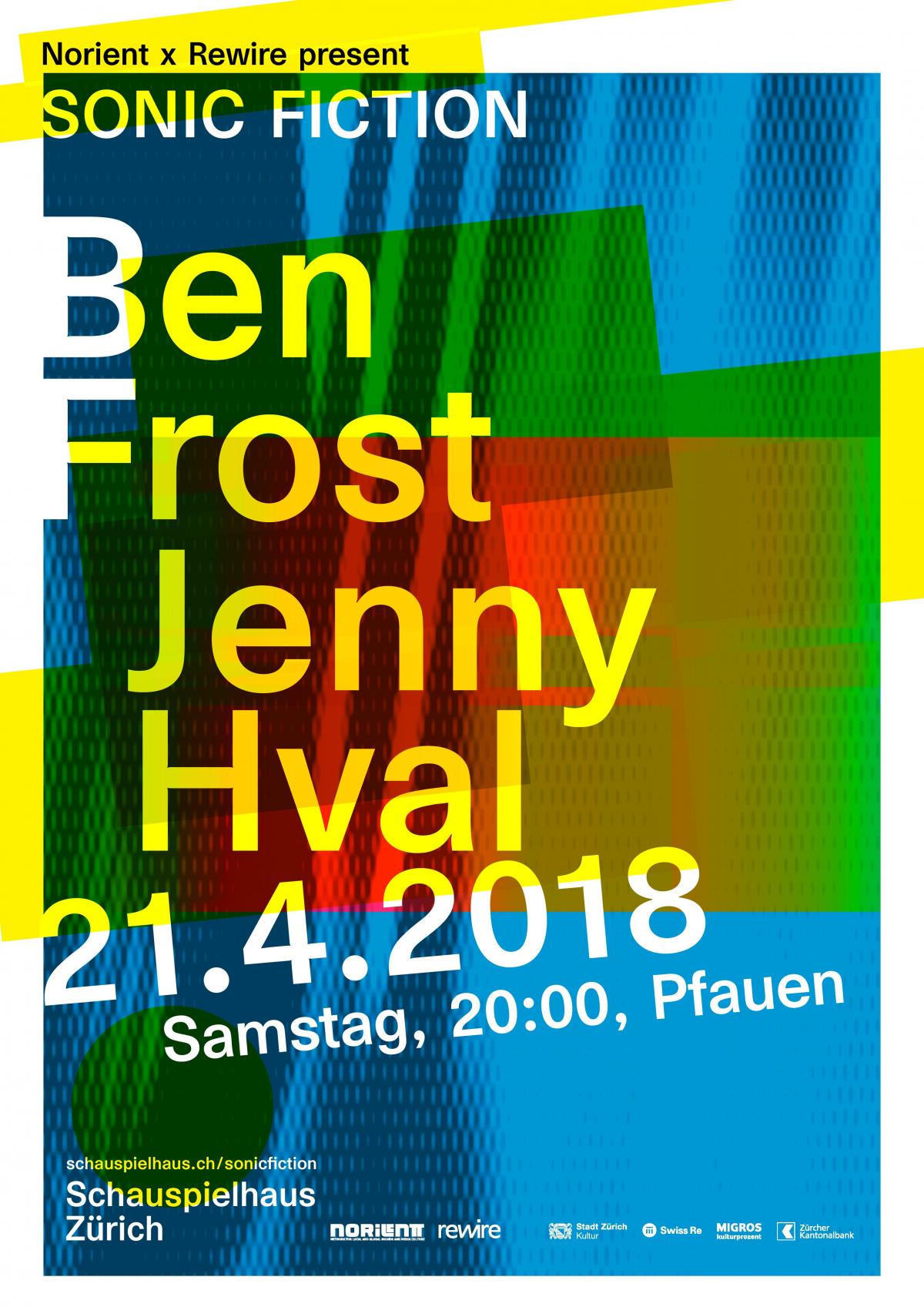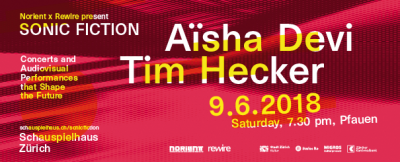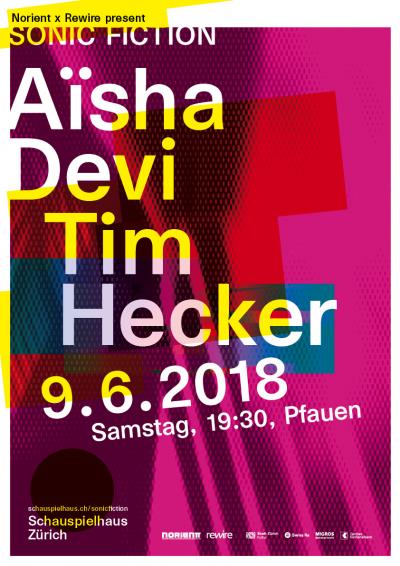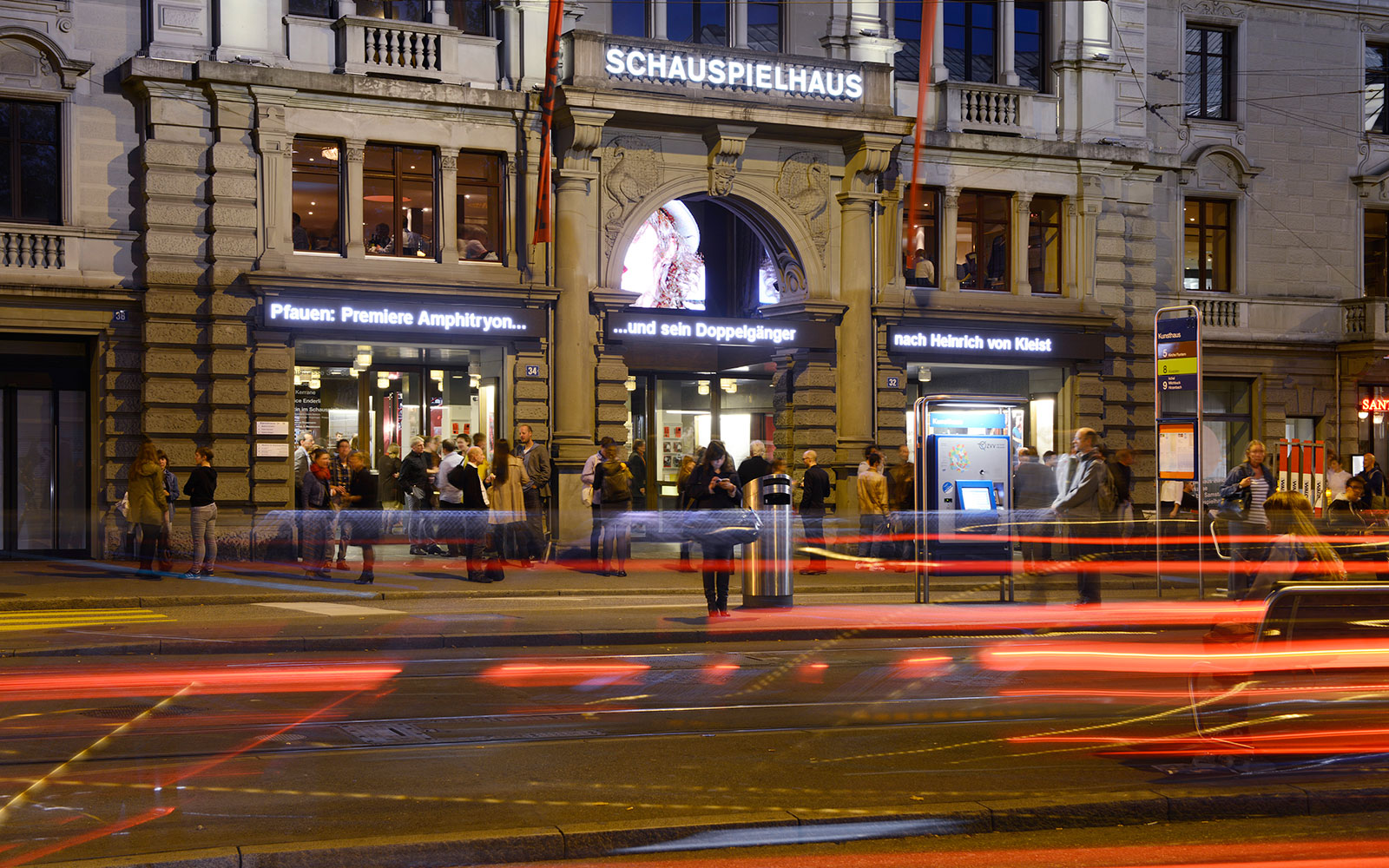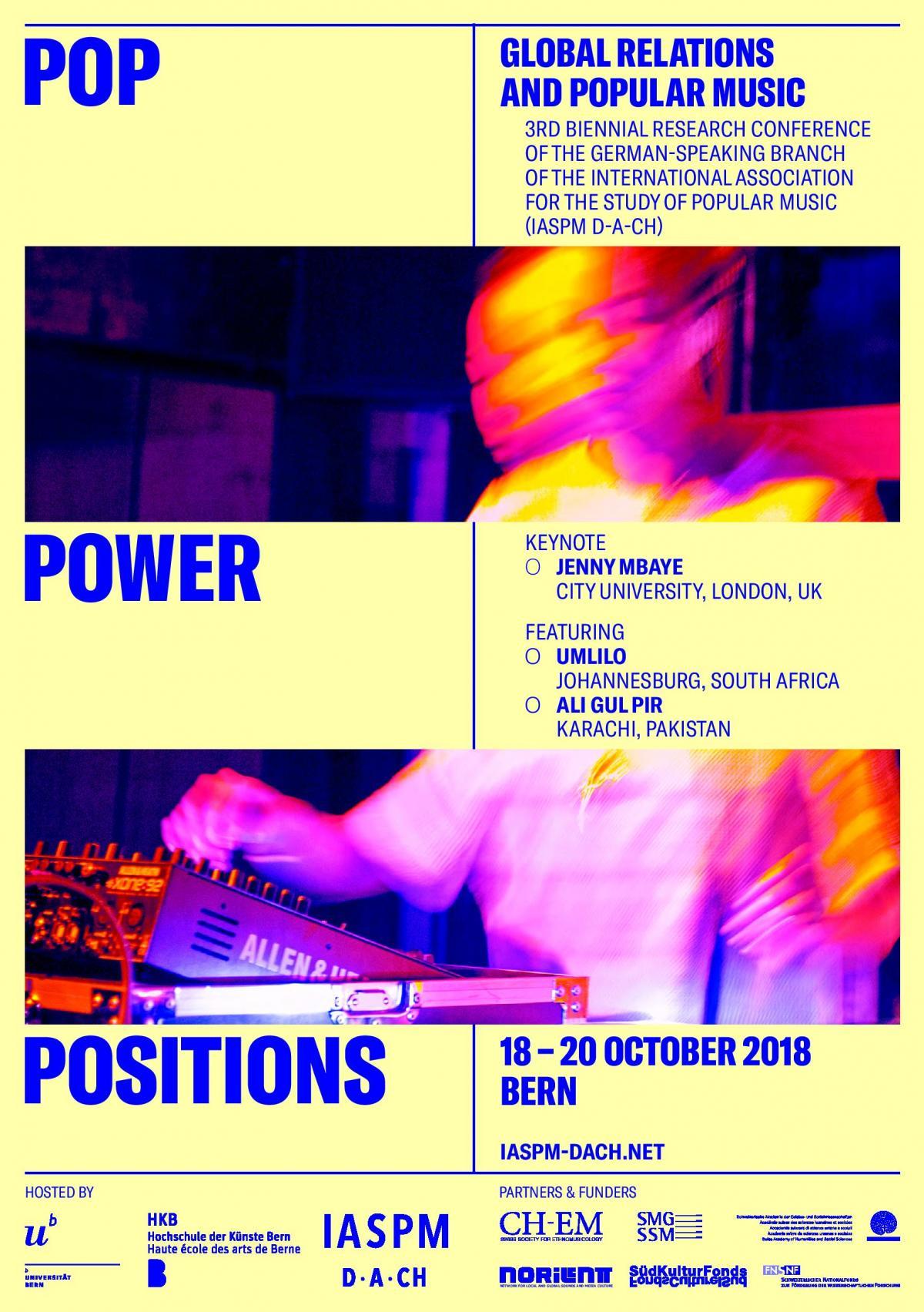
Conference: Pop–Power–Positions
From October 18 to 20, 2018, the 3rd biennial research conference by the International Association for the Study of Popular Music, German-speaking branch (IASPM D-A-CH), was organized in cooperation with Norient. It took place in Bern, Switzerland at the University of Bern and Bern University of the Arts. The conference discussed questions around power, positioning, and possibilities and forms of representation in and around popular music in times of global networks. Norient has invited Ali Gul Pir (Karachi, Pakistan) and Umlilo (Johannesburg, South Africa) to attend the conference. See call for paper, program, and further information below.
Program (Excerpt)
Find the full conference booklet here. Below we present the conference highlights as well as all the contributions by Norient authors.
Thursday, October 18, 2018
Venue: Bern University of the Arts (HKB), Fellerstrasse 11, 3027 Bern
| 15h | Conference Opening |
| 15.30h | Keynote: Cultivating Cosmopolitics: Pop Music, Citizenship and Social Transformation by Jenny Fatou Mbaye (City University, London, UK) |
| 17h | Panel: Changing Geographies in Popular Music: Local Struggles, Global Communities and the Transfer of Contexts curated and moderated by Norient Ali Gul Pir (Karachi), Umlilo (Johannesburg) and Laurence Desarzens (Lausanne) Moderation: Theresa Beyer (Basel) |
With their politically engaged music, artists such as Umlilo (South Africa) or Ali Gul Pir (Pakistan) want to make a difference in their countries. Their songs speak up against social injustice, homophobia and restrictions of freedom of expression – globally relevant topics that are simultaneously specific to their local socio-political situation. Through social media, Umlilo and Ali Gul Pir have shown up on the global radar, they have become an important voice in virtual communities and started to travel. When performing abroad, the context of reception necessarily chang-es. Bookers and festival organizers – as Laurence Desarzens has been for years – should do justice to the multiple layers of meaning by choosing an appropriate concert setting. Many questions are connected with this problem: How far does the global frame of reference extend? What are the specific strategies of both artists and organizers to solve the challenge of context-transfer? And what have we learnt from failed representations of difference in times of world music? Laurence Desarzens (Lausanne), Umlilo (Johannesburg) and Ali Gul Pir (Karachi) discuss their experiences, critiques and visions.
| 20.30h | Concert Night: A Sick Sad World Presented by Norient, BlauBlau Records, and ISC Club Bern Featuring ÄTNA (Germany) and Umlilo (South Africa) Venue: ISC Club Bern, Neubrückstrasse 10, 3012 Bern |
Friday, October 19, 2018
Venue: University of Bern, UniS, Schanzeneckstrasse 1, 3012 Bern
| 9h | Kuduro, Tarraxo, Afrohouse – Postcolonial Schizophonia in Luanda, Lissabon und der Welt? by Stefanie Alisch (Bayreuth) |
| 10h | Nationale Identitäten in elektronischer Tanzmusik. Mexiko und Südafrika im Vergleich by Dahlia Borsche (Berlin) |
| 11.30h | Mobile Identities: Production and Consumption of Narco-music in a Transnational World by Helena Simonett (Lucerne) |
| 12h | Artistic Intervention by Umlilo (Johannesburg) |
Saturday, October 20, 2018
Venue: University of Bern, UniS, Schanzeneckstrasse 1, 3012 Bern
| 9h | Panel: «Asia as Method» in Popular Music Studies by Oliver Seibt, Citra Aryandari, Barbara Titus, and meLê yamono (Amsterdam) |
| 9.30h | Long Live the Cold War! Researching (Post)Socialist Popular Music by Kerstin Klenke (Vienna) |
| 12h | Artistic Intervention by Ali Gul Pir (Karachi) |
| 14h | Musical Borealism (Re)Considered by Antti-Ville Kärjä (Helsinki) |
Invited Artists
Umlilo (Johannesburg, South Africa)
> B Camminga: «Queer and Of Here»
> B Camminga: «Of Rainbows and Monsters»
> Dylan Culhane: «Photo Series: Shizophonia»
> Leila Dee Dougan: «Surviving in South Africans Queer Scene»
> Henriette Gunkel: «Distorted Processes of Becoming»
> Theresa Beyer: «Queer Hip Hop Clips From 8 Countries»
Ali Gul Pir (Karachi, Pakistan)
> Ali Haider Habib: «Pulling the Plug on Art»
> Ali Gul Pir & Taimoor Salahuddin: «When a Rapper Tries to Change the World»
> Manal Faheem Khan: «A Finger to the Establishment»
> Thomas Burkhalter: «Satirical Rap from Pakistan»
> Thomas Burkhalter: «Risking your Life for YouTube»
Call for Papers
In Nigeria, the high pressure to follow the copyright rules of the globalized pop music market restrains the use of samples in hip hop culture. In Egypt, young musicians have no credit cards, leaving them without access to the online music market. In Europe, second and third generation migrants discuss their non-European backgrounds and European identities in songs and tracks. And U.S.-produced Korean pop music (K-Pop) increasingly rivals Korean-produced K-Pop in its concern for authentic presentation.
Issues of power, position, access, and representation have shaped the production, distribution, and reception of popular music and continue to do so today. The three-day interdisciplinary conference Pop – Power – Positions highlights popular music’s embeddedness in a global world. It seeks to uncover and scrutinize the risks, challenges, and potentials of power structures, positioning, and (re)presentations in popular music. The analysis of global, postcolonial structures plays a central role in this endeavour. To date, however, music– and popular music in particular – has only rarely been studied using postcolonial perspectives.
Postcolonialism refers not only to the historical fact of colonialism and its political, geographical, cultural, and economic impact on the countries and regions in-volved. Rather, postcolonial studies deal with all aspects of cultural diversity, ethnic and cultural difference, and their related power structures. Colonialism as well as postcolonialism refer to hierarchies that are enacted and produced through the construction of the Other and bring about and enforce debateable concepts of representation such as gender, race, ethnic group, nation, class, and culture. In this regard, the effects of (post)colonialism can be detected not only in former colonialized and colonising countries and regions, but also in those which at first sight do not have a colonial heritage, for example Switzerland.
From its beginnings, popular music has been produced and performed in and within (post)colonial (power) structures. Postcolonial traces are, according to Johannes Ismaiel-Wendt, inherent in any popular music (2011). Current productions of popular music in different countries show that (post)colonial conditions live on in popular music, especially in a globalised world, and that musicians as well as recipients react in various ways to this situation.
The conference focuses on (global) power relations and representations of race, cultural difference, ethnicity, gender, class, and nation, including the changes and subversive strategies these may involve. Ethnographic and analytical studies of popular music in and from (former) colonised countries and regions are also welcome. We invite papers that address the following range of topics and questions:
Power
- Who speaks in popular music? What kinds of power structures shape the production, distribution, and reception of popular music? What is the impact of the Anglophone music business on other music markets? Who speaks about popular music in the areas of marketing, advertising, journalism, fan cultures, (global) politics, and educational institutions – and what vocabulary do they use?
- Have digitalisation and digital networks led to a democratisation of musical processes, or the contrary?
- What sounds and music(s) are processed in what contexts by whom and how, and to what aim? How does the use of certain sounds/music(s) point to existing power relations, dependencies, and availability?
Place
- What role do geographies and geopolitics play in popular music-making? How do geography, world order, and power structures relate?
- In what ways can popular music exist beyond cultural, ethnic, and national geographies? What role does the relation between the Global North and Global South have in popular music?
Positions
- How do structures of power and distribution limit the access to the produc-tion and reception of popular music?
- What relevance, usability, and impact do technologies (like Digital Audio Workstations) or legal regulations (like the copyright laws) that have been de-veloped in Western contexts have for popular music? In what ways are (post)colonial structures and power relations (re)produced therein?
- What kinds of representations do musicians use for their marketing? What traits are ascribed to music?
Postcolonialism
- What potential does popular music hold for detecting and changing (or en-forcing) colonial and postcolonial power structures?
- How can postcolonial theories be made fruitful for an up-to-date understand-ing of popular music?
- How do musicians of different forms of popular music process a «(post)colonial experience of the world» («(post)koloniales Welterleben», Ismaiel-Wendt) in their music?
Popular Music Studies
- How marginalised are specific popular musics within the history of popular music?
- Should or can we write a Global History of Popular Music?
- In what way is the concept of popular music in itself (post)colonial?
- What hierarchies, asymmetries or inhibitions can be found in inter-/transdisciplinary Popular Music Studies?
Impressions
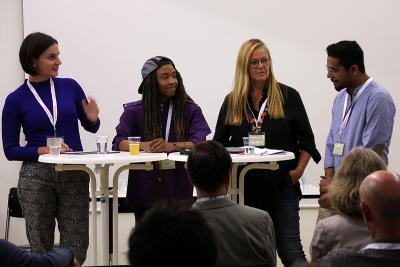
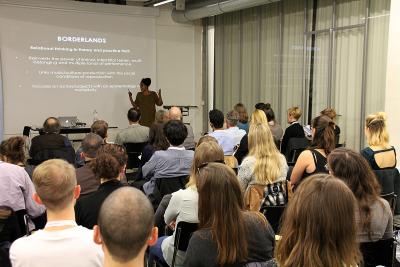

Organisation

Local Organizing Committee
Dr. Anja Brunner, University of Bern
Hannes Liechti, Bern University of the Arts/Norient
Daniel Allenbach & Sabine Jud, Bern University of the Arts Yves Chapuis, University of Bern
Hosted by


Partners


Locations
University of Bern
Schanzeneckstrasse 1
3012 Bern
Switzerland
Bern University of the Arts (HKB)
Fellerstrasse 11
3027 Bern
Switzerland
